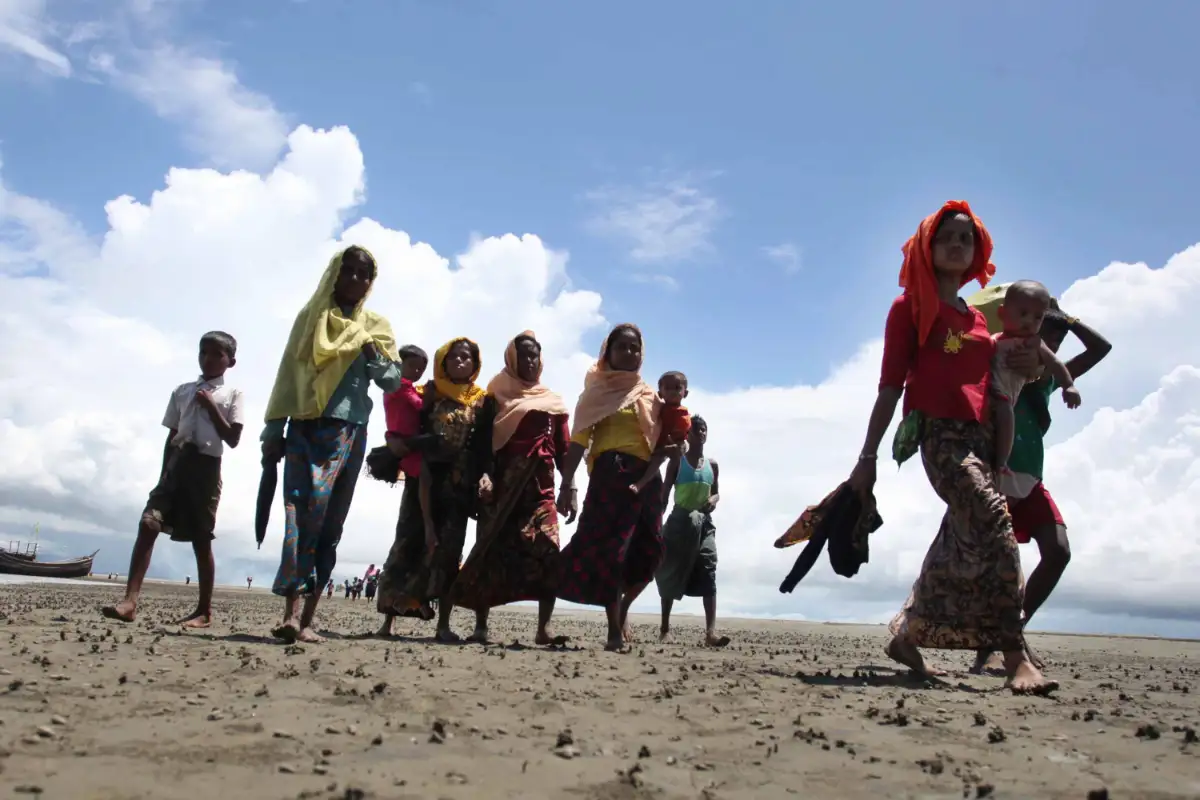As global migration continues to evolve, academic research faces both new challenges and opportunities. This article explores the future directions for migration studies and the critical issues that scholars must address.
The rapidly changing global landscape—marked by climate change, technological disruption, and shifting political alliances – demands new approaches in migration research. The article begins by identifying key challenges, including gaps in data collection, the need for longitudinal studies, and the complexity of measuring the socio-cultural impacts of migration.
Opportunities abound in the realm of interdisciplinary research, where collaborations between economists, sociologists, political scientists, and environmental experts can yield more nuanced insights. The article examines several promising research areas, such as the impact of digital migration networks and the long-term effects of climate-induced displacement.
Finally, the article outlines a roadmap for future research, emphasizing the importance of cross-national studies, innovative data collection methods, and the integration of theoretical and empirical approaches. By doing so, it provides a clear framework for scholars and policymakers to address the evolving challenges of global migration.



